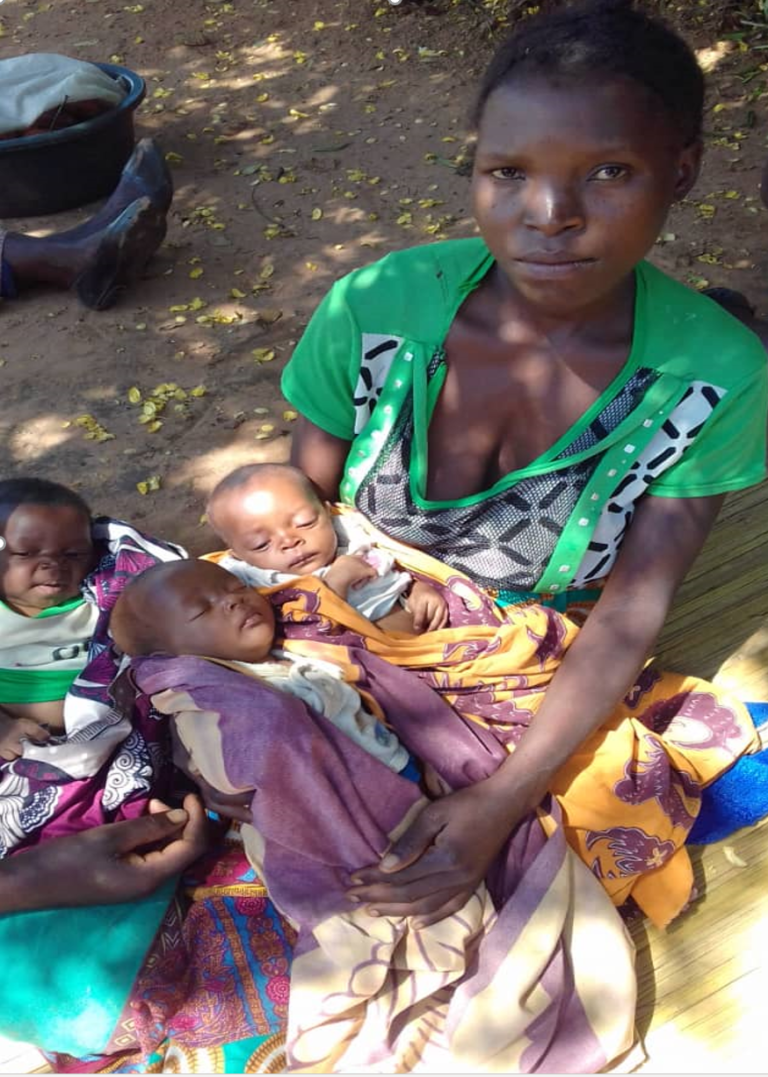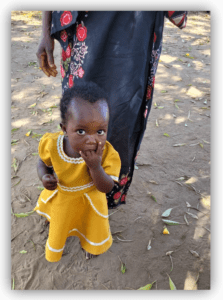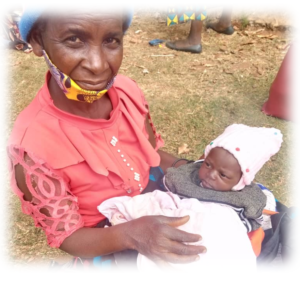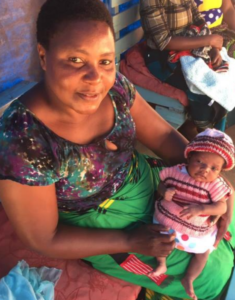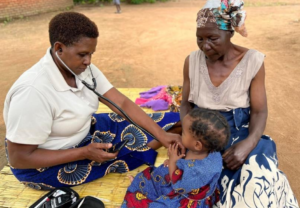On March 23rd there were no confirmed Covid-19 cases in Malawi but President Peter Mutharika, declared a national disaster and closed all schools and universities. As of yesterday there were 16 confirmed cases of Covid-19 in Malawi and two deaths. In response, the President issued a three week lockdown order, scheduled to begin Saturday, April 18th at midnight.
Anxiety runs high. People are afraid, not so much of Covid-19, but of the order’s impact. The health care system, in normal times, functions at a skeletal level. There will be no high acuity care for Covid-19 patients, only supplemental oxygen and basic nursing care. Hospitalization for those with Covid-19 is part of a containment strategy, not much more. But, with an extreme shortage of beds, even this function will not be sustainable for long. On a normal day at the regional hospital in the capital city, patients are seen on mattresses outside on the verandas due to limited space. Now, in order to decrease congestion of the wards, patients who are still fragile but deemed stable are being sent home. The concern is that fragile patients will be discharged prematurely and deteriorate at home while others with deadly but treatable conditions, like malaria, will not be able to access care. Recently delivered women are also being sent home as quickly as possible following their deliveries. Many not have any additional care or visits. It is possible that women may experience more severe postpartum infections due to an inability for prompt diagnosis and treatment in the early postpartum period.
Access to transportation may become a life threatening issue. The poor and working class use minibuses as their primary means of transportation. These converted privately owned minivans are ubiquitous in the developing world. Rows of seats are positioned as close as possible, so that the vehicles typically accommodate 21-22people when full. (This means that someone like me at 5’5″ will have my knees pressed into the seat in front of me and my hips pressed against those of the passengers to my right and left.) It remains unclear whether there will be provisions made for minibuses. If they are not allowed to run, hospital staff will have trouble presenting for work and patients with malaria or other acute conditions will struggle to access care. If they are allowed to run, people fear that they will help spread Covid-19.
People fear hunger. Most people survive day by day. The urban poor depend on small trading and the rural poor depend on the sale of their agricultural goods. All of this demands daily movement, daily connections, daily contact. The risk related to Corona virus is high but in a country where the per capita GDP is just over $1/day, in the majority of homes, there is little held in reserve.
Joyful Motherhood nurses are strategizing on how to continue serving our clients in this rapidly changing environment. They are educating about prevention, spacing out visits, and making more phone calls, but for the most vulnerable they must continue to visit and assess and bring food. At this time with the world entering a deep recession (at best), the effects are magnified in countries like Malawi, and exponentiated, in the homes of the extremely impoverished. For many of those we serve, our assistance helps individuals survive.
We know that regardless of where you sit as you read this, it is likely that your home has also been touched, directly or indirectly, by this pandemic. Still, we continue to rely on your generosity. We know that through the experience of our personal hardship we grow compassion, and we appreciate your collaborative support to care for those who need it most. Donate here

